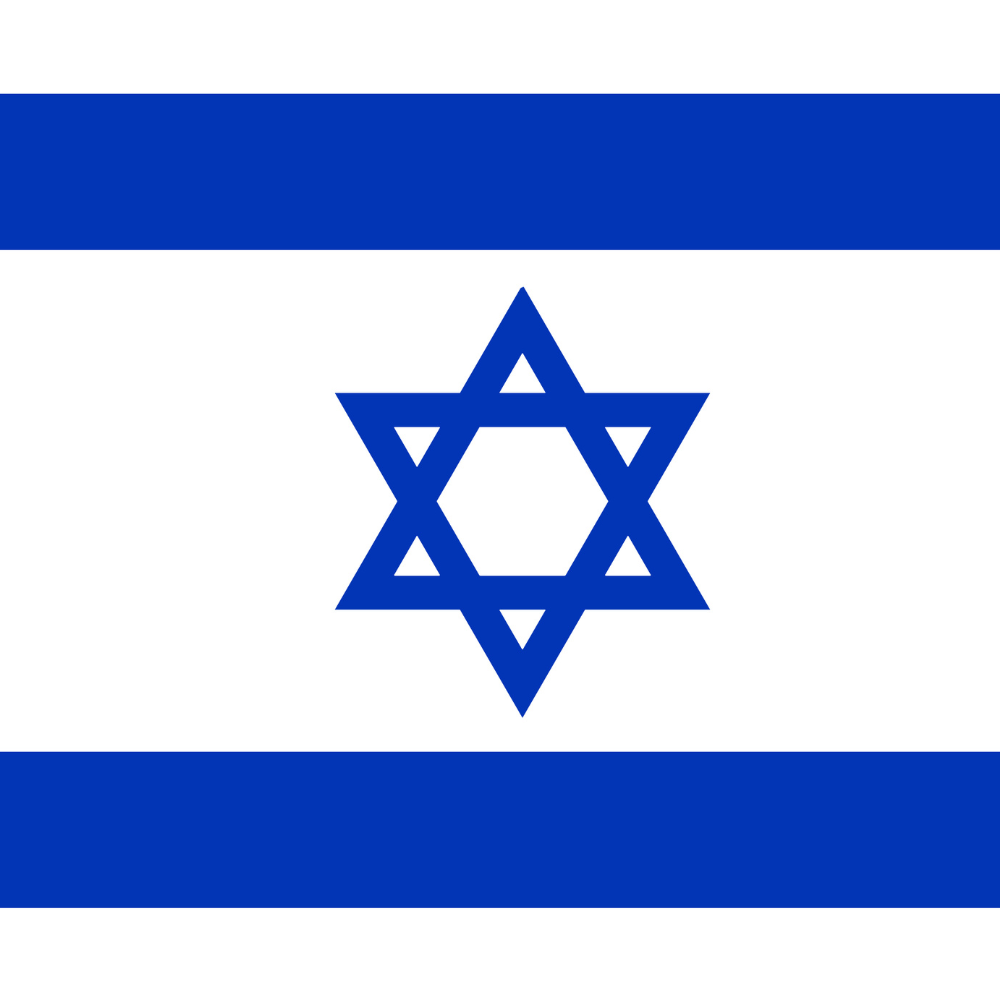
In a "day of disruption," Israelis protesting against controversial judicial reforms are blocking roads and railways. In Tel Aviv, police utilized stun grenades and water cannons, and were captured on camera kneeling on the neck of a detained demonstrator.
The protesters believe that the sweeping changes currently being pushed through parliament will undermine the independence of the judiciary and threaten democracy. Ministers assert that they will restore the balance between the government's three branches. They have referred to the demonstrators as "anarchists."
Several alterations were captured on live video from Tel Aviv as police dragged away protesters. Officers mounted on horses attempted to prevent individuals from breaching barricades.
A protester named Zeev made a comment saying "This is appallingly violent, but no one touched the police officers. We were participating in a civil protest. We did not anticipate such an event. We are in favor of democracy." However, the far-right Minister of National Security, Itamar Ben-Gvir, stated that police had been "very patient" despite being pelted with barriers and stones.
He supported the measures taken, stating that the force "must employ all available means to maintain public order and the daily routines of Israeli citizens."
Benjamin Netanyahu, the Israeli prime minister, mentioned that the right to protest is not the right to anarchy. In Jerusalem's parliament, opposition members boycotted a vote by the constitution, justice, and law committee that gave preliminary approval to additional proposals in the judicial reforms plan.
The new nationalist-religious coalition in Israel, led by Mr. Netanyahu has made reforms to the justice system a pillar of its policy. They intend to give the elected government decisive control over the selection of judges and restrict the Supreme Court's ability to rule against the executive or invalidate legislation.
Critics assert that this threatens the political system of checks and balances, given that Israel lacks a constitution and has only one parliamentary chamber under the control of the ruling coalition.
In recent weeks, tens of thousands of people have participated in weekly protests against the new legislation. On Thursday, protesters intermittently halted traffic on the main route between Tel Aviv and Jerusalem.
Many people waved the Israeli flag while they screamed "democracy" and that Israel is not a dictatorship like Hungary. Viktor Orban, Hungary's right-wing national prime minister, has been accused of undermining democratic institutions which included the judiciary.
According to polls, the government's plan is unpopular, and the majority of Israelis would prefer a compromise. President Isaac Herzog, who primarily serves as a figurehead, has pushed for conversation between the government and the opposition. He warned that the nation is on the verge of "constitutional and social collapse."
Numerous foreign allies of Israel have expressed concern regarding the new legislation. Veterans of an elite Israeli military intelligence unit, Unit 8200, have joined a growing number of army reservists who are threatening to refuse reserve duty.
Additionally, high-tech workers, attorneys, and bankers have expressed concern about the impact, which includes the economy. The changes, according to Mr. Netanyahu, who is on trial for corruption charges he denies, will boost business.



